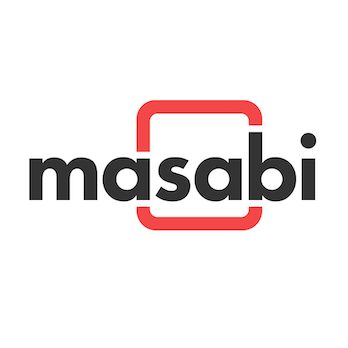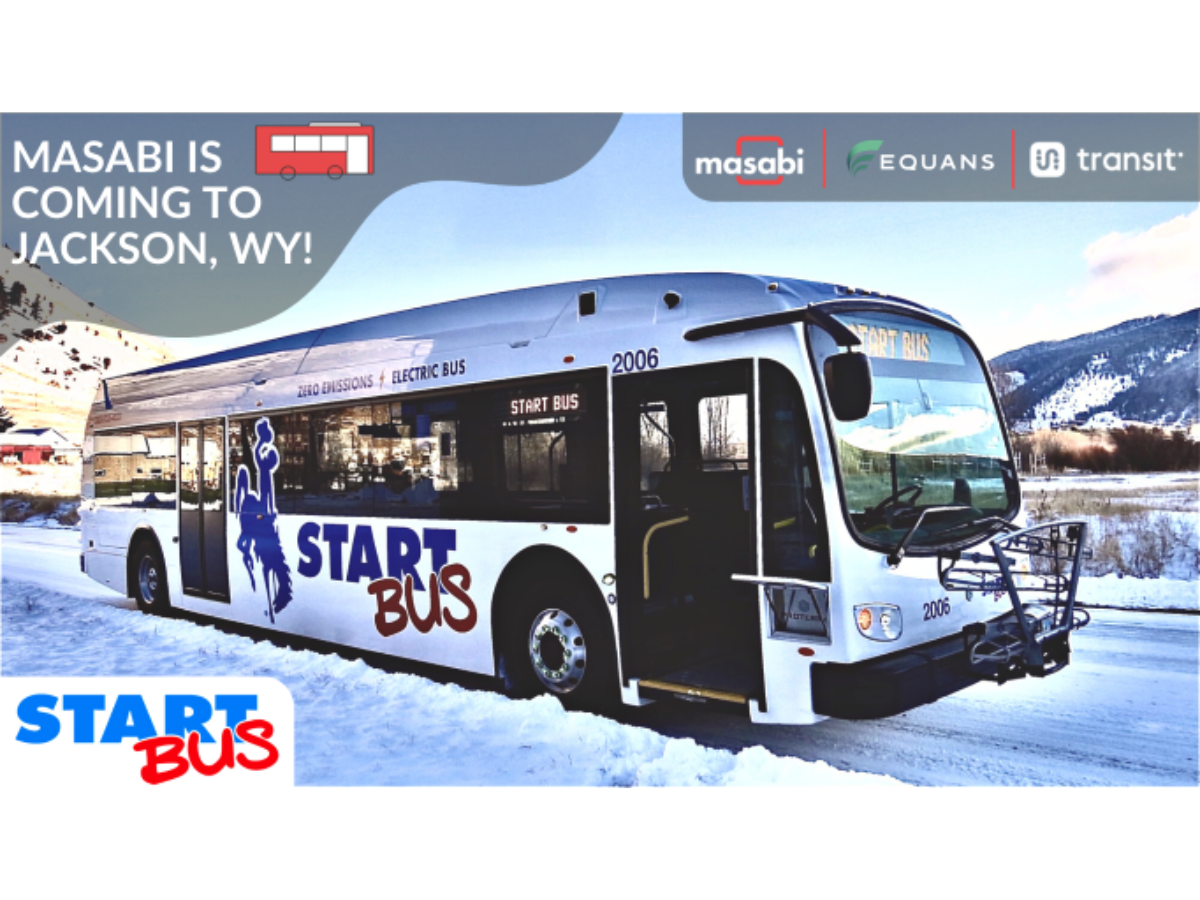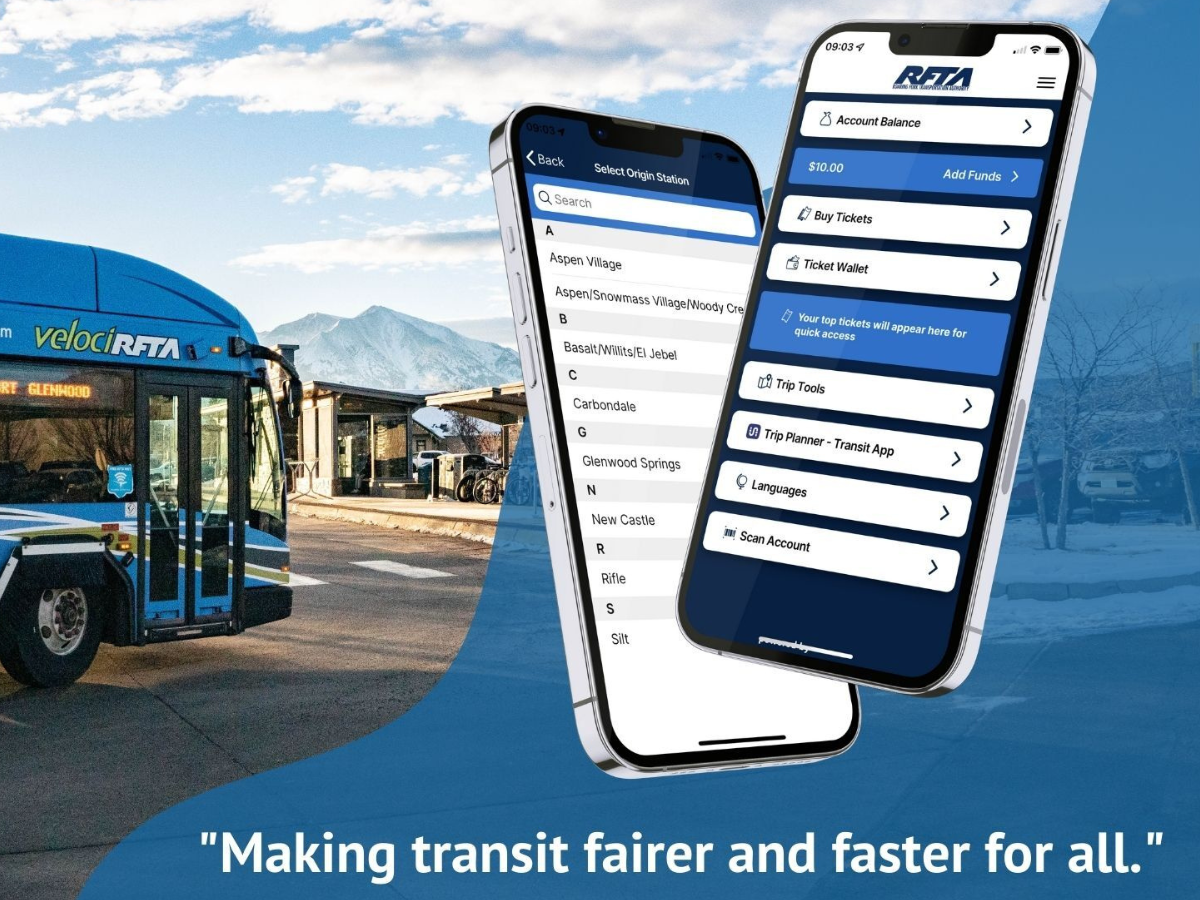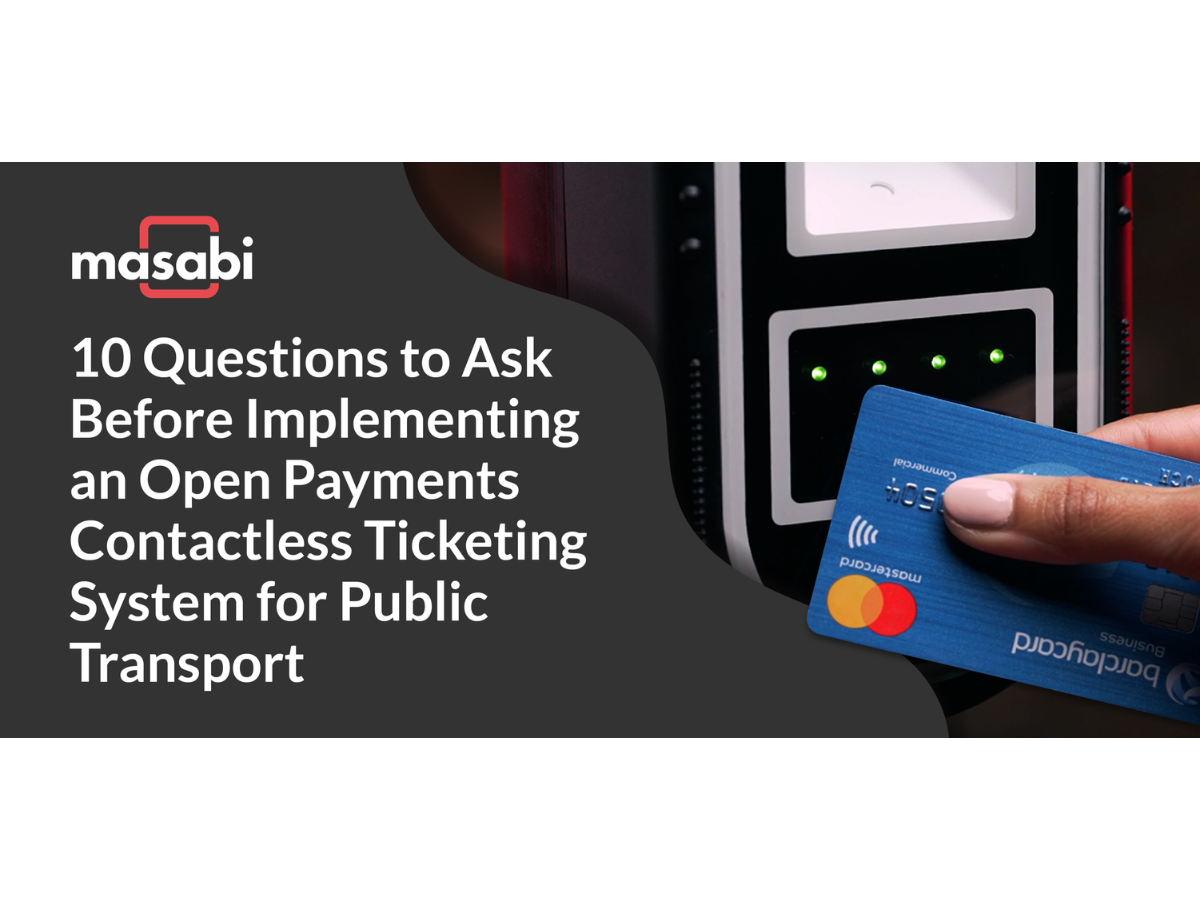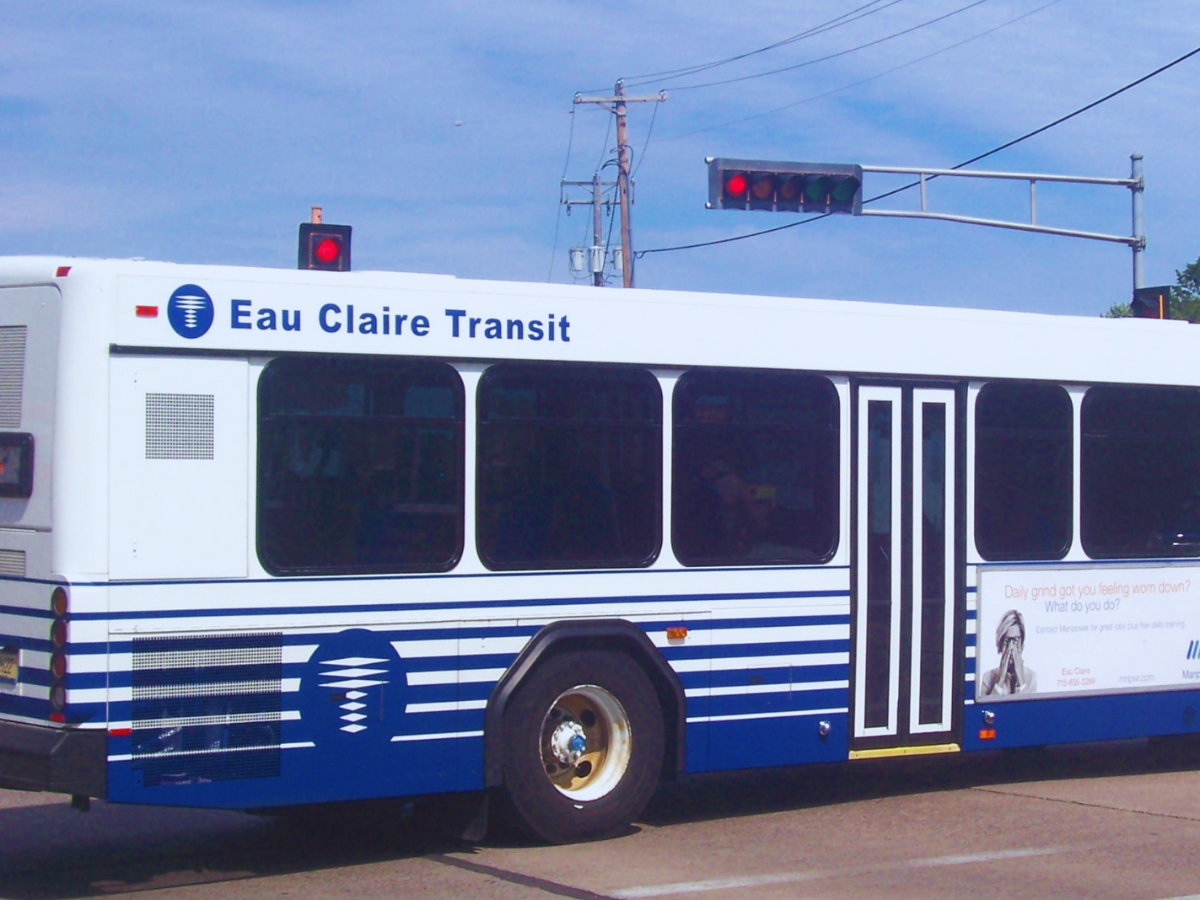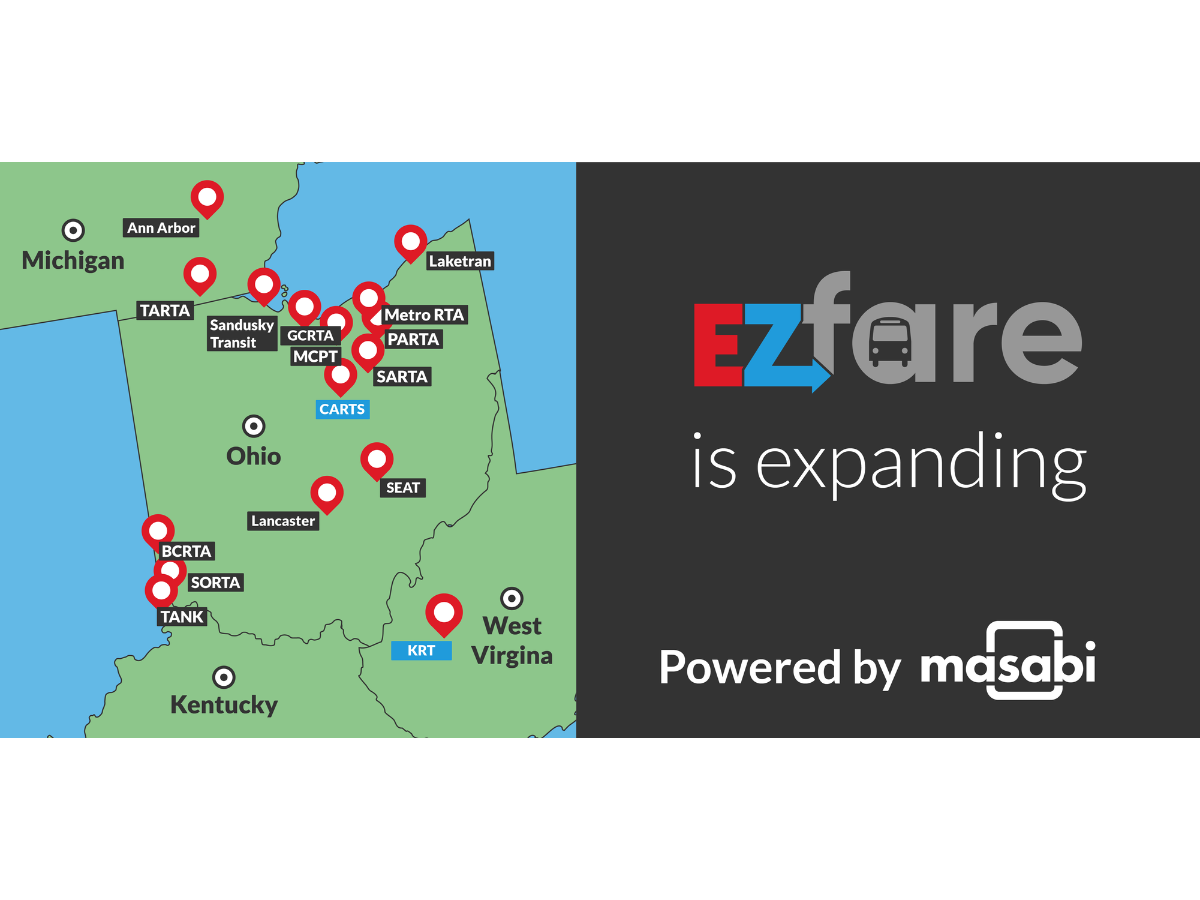Transit Professionals Assemble for Masabi’s First Ever Fare Payments Industry Day and EZfare Summit
Fare payments professionals and EZfare ‘family’ gather in Columbus for a unique convention to share expertise and best practices across transit agencies, vendors and partners.
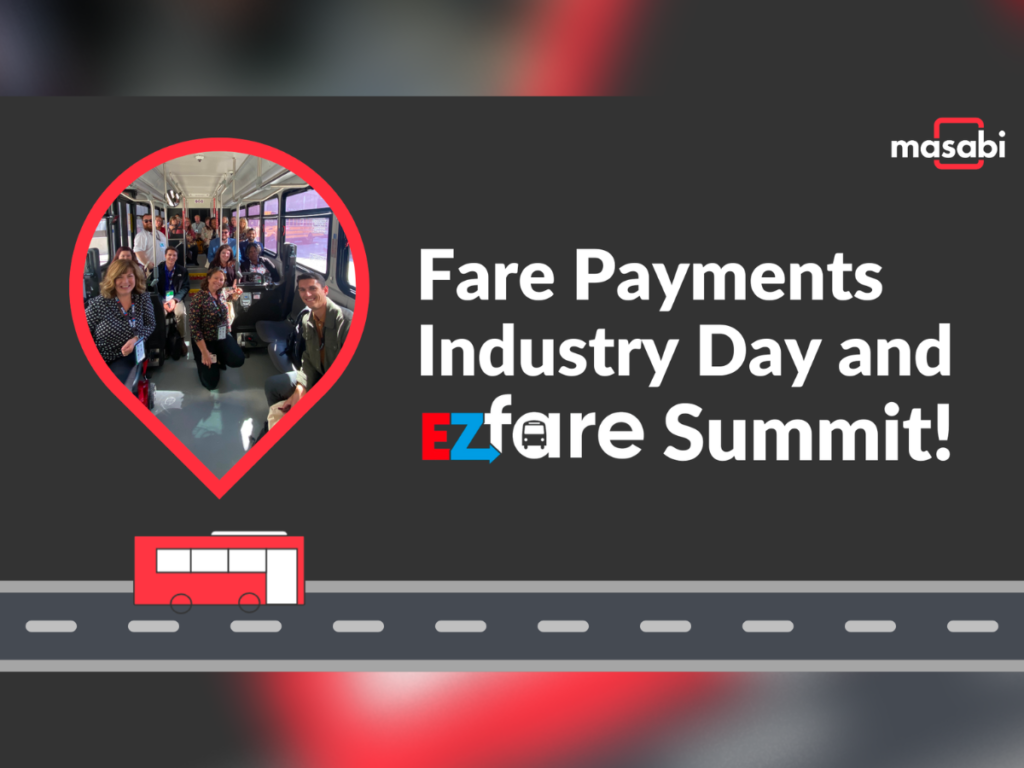
It was standing room only at the Columbus Convention Centre as more than 100 public transit professionals gathered in Ohio’s state capital to build relationships, exchange knowledge and share best practices at the first-ever EZfare summit.
EZfare is North America’s largest regional public transit ticketing system spanning over 16 transit agencies operating in Ohio, Kentucky, Michigan, and West Virginia. EZfare is run by NEORide – a group of 23 transit agencies from across five states.
Organized by the NEORide consortium and Masabi, this unique event was sponsored by EZfare delivery partner Transit, as well as Trapeze, Via, IBI Group and Calstart. Alongside representatives from the 16 participating EZfare agencies, the summit drew in delegates from transit agencies across the US.
The event’s twin-track program of talks, presentations and workshops provided a unique opportunity for transit professionals to take a deep dive into some of the latest developments in fare payments.
See some highlights of the day here.
It’s the first time Masabi has organized an event of this kind, providing an opportunity for transit clients and specialists to discuss a wide range of fare payments topics with system vendors and tech partners – from customer service and marketing to IT and Account Based Ticketing.
A packed agenda included demonstrations of the EZfare payments system, Masabi’s Justride platform, and the Transit app, as well as a ‘field trip’ demo where attendees took a ride downtown Columbus to The Ohio State Stadium using the EZfare app to pay for their ride.
Lead at Masabi’s Transit Advisory Group, Lee Biernbaum, in his opening presentation said:The future of fare payments isn’t really about fares specifically but the future of public transit broadly. Public transportation is the glue that will hold together our needs for livable cities, for less congestion, for cleaner air, for drastically reduced carbon emissions, and if I may be so bold, for a more cohesive society. Public transportation must be at the center of transportation going forward.
In the summit’s keynote speech, Brandon Policicchio, Chief Customer and Business Development Officer at Greater Dayton RTA (GDRTA) outlined Dayton’s experience of going completely cash-free on the buses with the introduction of its Tapp Pay fare payment.
GDRTA adopted a phased approach to introducing the new ‘Tapp Pay’ fare payment system, along with widespread consultation, critical incentives and targeted marketing and communication efforts. Because of these successes, RTA’s Board of Trustees approved the elimination of accepting on-board cash payments and from November 1, 2021, GDRTA implemented a 100 percent cashless on-board system across its entire bus route fleet.
Dayton caters for underbanked or riders with privacy concerns who prefer to pay cash by allowing these groups to top up their transit account with cash or card at more than 200 retail locations across the Greater Dayton region.
Lucas Boehm and Amy Rasmussen from EZfare agencies TARTA in Toledo and SORTA in Southern Ohio spoke about their collaboration with local community partners to expand use of mobile ticketing. EZfare has enabled local community and business partners to grant travel passes directly to clients, students, or employees via the Masabi Partner Portal, thus streamlining the ticketing process for all parties. The partner portal can be accessed via any internet enabled computer terminal to send tickets directly to the mobile phones of students or employees, granting them free or discounted travel.
During this session, Amy described how SORTA worked with local universities to migrate students to the EZfare app for access to discounted tickets for travel throughout the SORTA service area. This mobile solution replaced the cumbersome card-based solution used previously; greatly reducing administrative costs and workload, as cards no longer need to be printed and mailed to addresses collected from students. Lucas and TARTA are expanding use to the local school system to help meet the transportation demands of the Toledo Public School system.
Another popular panel discussion examined the benefits and drawbacks of phased development of new fare payments technology versus ‘big bang’ deployments with insights from Brandon Policicchio at GDRTA alongside colleagues Mike Lively from GCRTA in Cleveland and Jason Yanni from COTA in Central Ohio.
Two key areas dominated the discussions: internal communications and engagement, and external marketing and education.
Deploying a new system inevitably involves many internal changes and agency personnel must participate in the process to gain buy-in within the organization. Otherwise, staff will feel as though the change is being forced upon them which could lead to an unsuccessful deployment.
A comprehensive marketing and education campaign is also essential to the success of deploying any new technology to mitigate the risk of negative impacts to riders.
Masabi’s Senior Business Development Manager Jeff Nullmeyer led an animated session focusing on the latest developments in fare payments technology such as fare capping and contactless EMV payments as part of Account Based Ticketing.
Nullmeyer compared Account Based Ticketing to the numerous flavors of ice cream to choose from at a Baskin Robbins store.
Jeff Nullmeyer said:Regardless of the agency or the setting, Account Based Ticketing gives both agencies and riders unparalleled choice in how transit is paid for. Riders can choose to pay with items they already carry in their pocket: contactless credit cards, paper tokens, agency-branded NFC smart cards, cash or mobile phone.
Masabi’s approach to ABT also gives smartphone users the flexibility to use whichever 3rd party MaaS apps they feel comfortable with on their phone – such as Transit, Moovit, Uber or Lyft – or a branded white label Agency app, which tends to be popular with regular riders. The advantage for transit agencies is that making their services available in multiple apps riders use, increases awareness and visibility while creating new sales channels for agencies to sell their tickets.
Unbanked riders, or riders who prefer to pay cash also have choices: They can top up their account at agency locations, partner fare reload kiosks or at recognizable retail locations via a large network of retail partners, and by using either a mobile device or a smart card, cash riders pay exactly the same fares as other passengers via the equitable fare capping framework that ABT enables.
Sara Paulton, Vice President of Global Services at Masabi, said:Masabi is proud to organize our first-ever Fare Payments Industry Day and EZfare Summit, and recognize the vision of the NEORide board to develop this innovative regional Fare Payment solution. The summit brought together those who have invested in the Neoride strategy for simplified acquisition and deployment of a common infrastructure built upon Masabi’s Justride solutions.
Katherine Conrad, Director at NEORide, said:NEORide was proud to bring together such a diverse mix of transit agencies to continue to build on the success of EZfare, the largest multi-county, multi-state mobile ticketing system in the nation. By coming together, agencies, as well as our partner agencies, were able to learn from each other and ensure a smoother transaction for transit passengers in the region.
Would you like to attend Masabi’s 2023 Justride User Summit? Contact us to get more information.
This article was originally published by Masabi.


